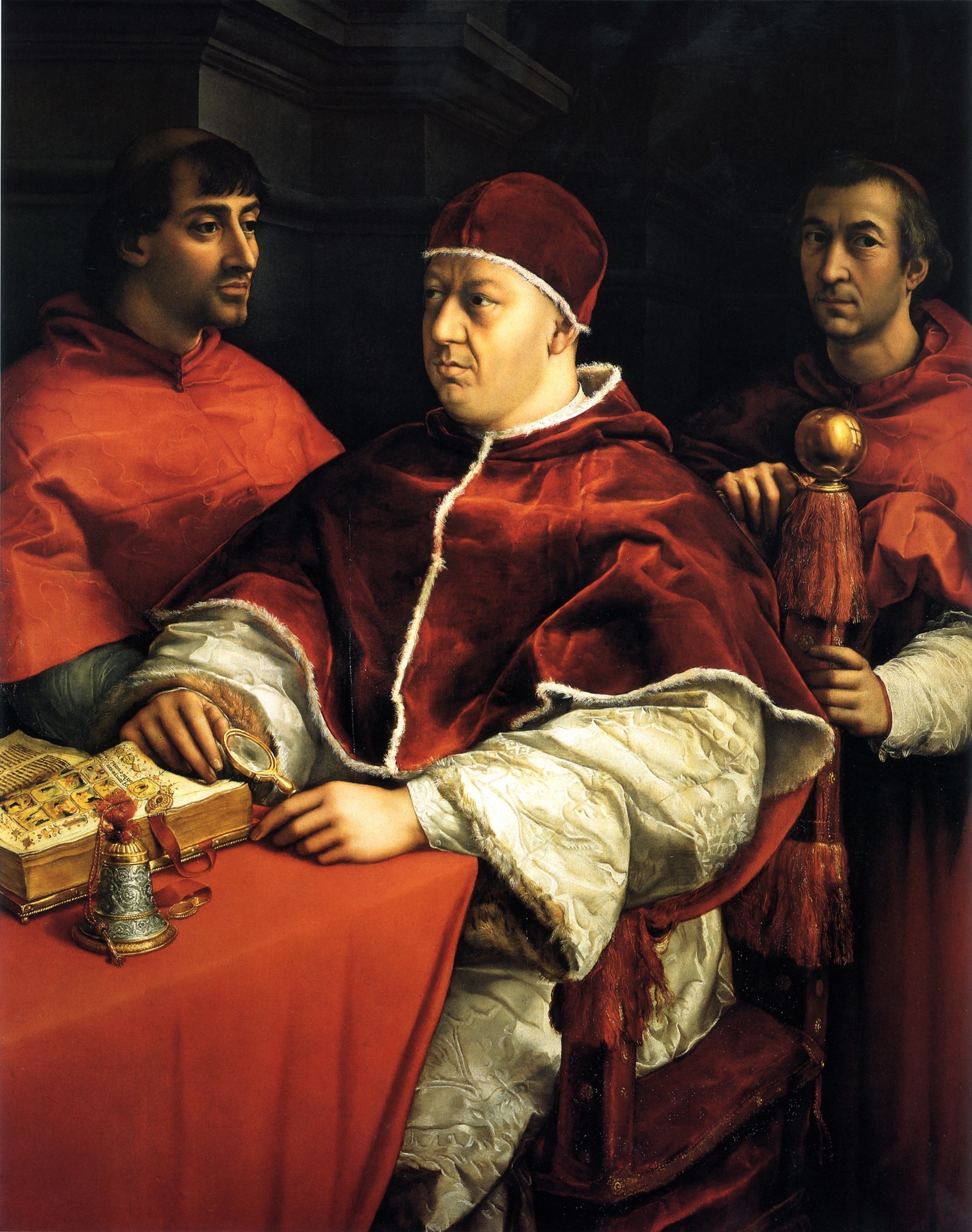Conflicting Religious Perspectives (1517 - 1558)
Chapter 2 : Catholic Perspective
The all-embracing Catholic tradition had had an exclusive position in Western Europe since 325, when the Emperor Constantine summoned disputing bishops together to agree the Nicene creed. The Bishop of Rome had grown in prominence over the centuries, eventually securing this dominance when the Eastern Orthodox bishops split away. Before the Reformation, even the most powerful Kings and Princes in Western Europe submitted to the Pope’s authority in religious matters.
Church Authority
Popes claimed direct spiritual descendancy from Jesus’ favoured apostle Peter - the first Bishop of Rome who was buried beneath the basilica in the Vatican. Through Peter, the Popes inherited far-reaching promises that Jesus had made with regards to the Church in the New Testament of the Bible. In particular, Jesus called Peter ‘the rock’ on which he would build his church, with the additional assurance that his authority extended to heaven:
‘I will give you the keys of the kingdom of heaven, and whatever you bind on earth will be bound in heaven, and whatever you loose on earth will be loosed in heaven’ (Matthew 18 v18-19).
Beneath the Pope, the Church was governed by a hierarchical system of cardinals, bishops and priests, in every nation and state. Distinctive orders, whether conventual, such as the Benedictines, or mendicant, such as the Franciscans, were still subservient to the Bishop of Rome’s authority.
Beliefs and Practices
Based on its interpretation of the Bible, the Roman Catholic tradition was predominantly sacramental. As ordained priests performed sacred ceremonies, God bestowed particular blessing on the recipients. Sacraments were mysterious and/or miraculous “touch-points” between heaven and earth. For example, during the service of Mass, the bread and wine (eucharist) literally changed substance, into Jesus’ body and blood (transubstantiation).
Between them the sacraments covered key events in individuals’ lives, including infant baptism, confession, anointing the sick, and penance whereby people received forgiveness from God. Each required an unmarried, celibate bishop or priest to perform the ceremony in the correct way.
In addition to the sacraments, the Church had developed an extensive set of beliefs and practices beyond the direct subject matter of the Bible, such as the role of Jesus’ mother Mary, recognised saints, and the place of purgatory where souls went after death.
Catholic services were in Latin. Before the Reformation, the Dutch scholar Erasmus and his Humanist followers had advocated using vernacular languages instead, and more religious education, but from within the Catholic tradition rather than separate from it.

